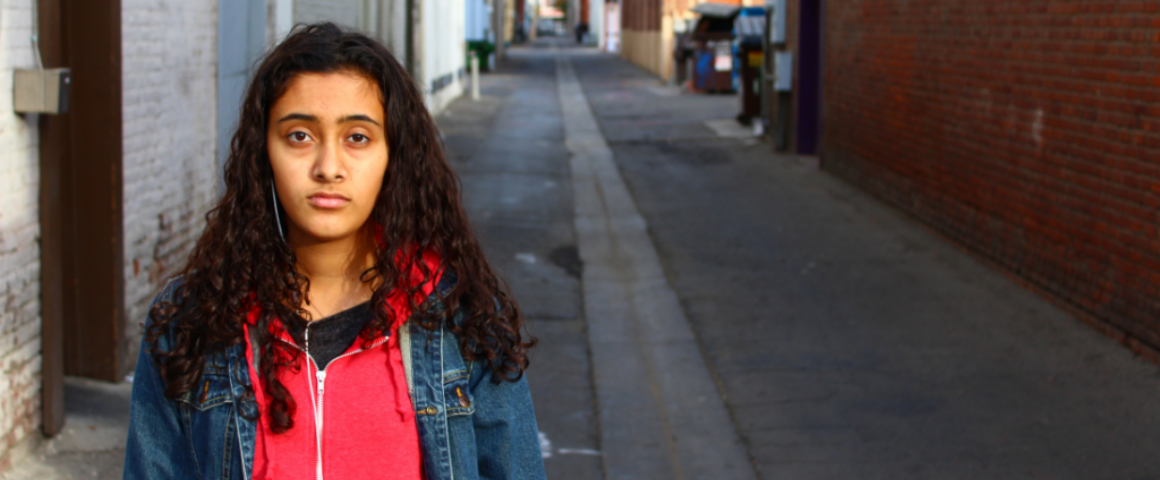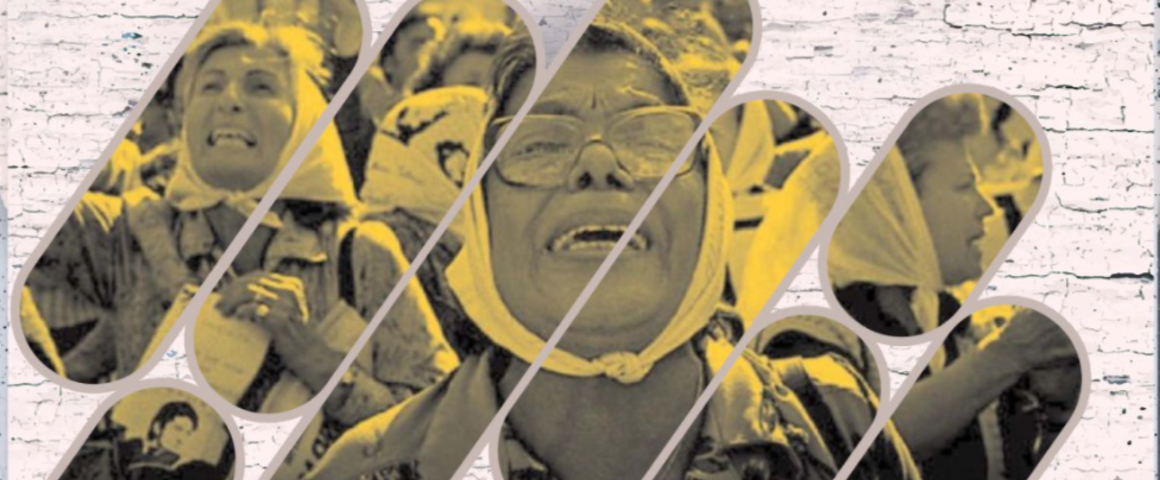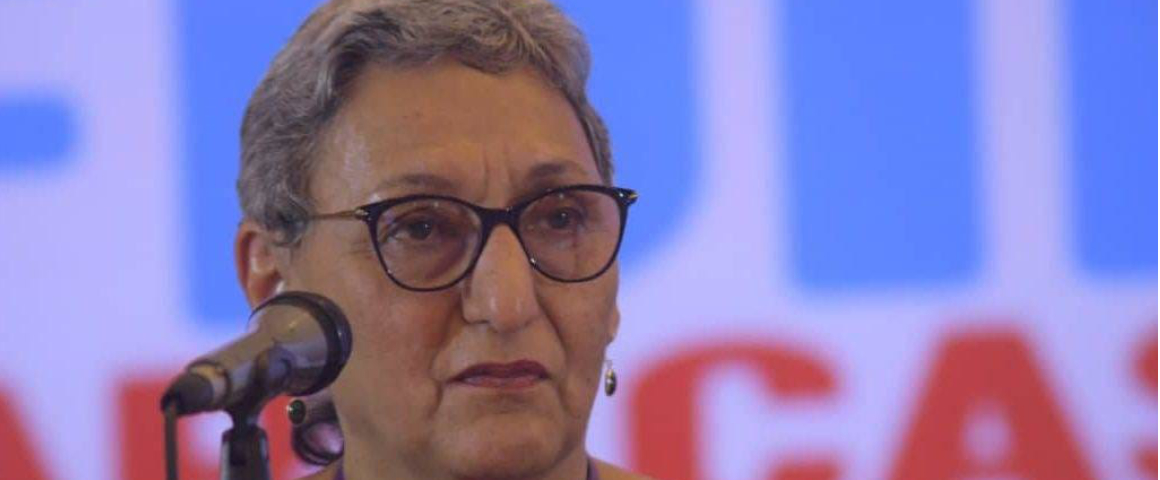On December 6, 1989, a male student shot and killed 14 women – 13 engineering students and one clerical worker – at the University of Montreal’s Ecole Polytechnique. Fourteen other people were injured in the attack – 10 women and four men. The killer’s targets and his statements left no doubt that this was an attack on women and particularly women he perceived as feminists.
The massacre generated widespread debate and a long overdue scrutiny of violence against women on university campuses, in this case against women working to establish themselves as competent and promising engineers in a field vastly dominated by men. That scrutiny of violence continues in 2020, when we still see women being murdered by male terrorists. This is as true in Canada’s largest cities and in isolated, bucolic rural areas like the villages of Portapique and Great Village in Nova Scotia, where a man killed 22 people and burned their houses and vehicles with no resistance from the RCMP, who knew him to be dangerous to women and others. The lone RCMP officer who did try to stop the murderer was herself killed by him.
No women are secure when these types of direct assaults on women are allowed to occur. Many killers go unpunished under an unfair justice system which has long been discriminatory against women and, in particular, working women.
Many of us have vivid memories of the event at the Polytechnique, which we still discuss with those old enough to remember. I first heard about the Montreal massacre on the car radio while driving home from a graduate course at Dalhousie. That night I had already been engaged in a disturbing classroom discussion about racism, so I was already pensive and sombre. Thinking about where the attack occurred – and as a graduate student, a part-time university lecturer and a communist feminist – my immediate response was, “They’ve declared open season on us!” I felt afraid and wanted to hide. At home, I rushed to view the horrible scenes on television; unfortunately, I was not dreaming. It had really happened, and I felt horribly numb.
I happened to meet a feminist faculty member the next morning on my way into my last graduate seminar of the term. We exchanged teary sympathetic stares and she said, “I know it’s wrong, but I feel like punching out the first man I see.” Again, I felt numbness. After class, I began the hour-long drive home, searching for emotional shelter and a place to deal with this monstrous nightmare. A cold front hit and coated the roads in ice with the wind whipping snow onto the highway, so I slowed to a crawl, slid a tape into the cassette deck and concentrated on getting home. I was actually thinking, “I’ve almost made it,” when I saw a speeding pickup truck, out of control, sliding broadside down the highway towards me. Seeing a steep embankment to my immediate right, I veered as far over to the right as I could and braced for the impact. The car was totalled, and I was left in shock with bumped knees. The young man in the pickup apologized profusely for almost killing me and a constable took me home. Still shaking, I soaked in a hot tub where I began to cry and cried until I could cry no longer.
I cried for the women of Montreal, for my own survival and for all women everywhere trying desperately to survive patriarchy and capitalism. I cried about the convergence of the massacre and my vehicle accident and kept confusing the two even though I knew that the driver of the pickup truck had not intended to have such an accident or hurt me. I also cried about the violations we encounter in our daily lives.
The Montreal massacre was seen by some as an individual act, but it was a powerful social and political act. It was an individual expression of anger and hatred, but it was also part of a collective, culturally sanctioned misogyny. It was an act of terrorism in the true sense of the word – an act striking fear into the hearts of women “out of their place,” “communist feminists” and indeed all women. It was an act of terrorism going beyond this, to touch and intimidate all those who fight for social change. It is why we must continue to remember this event every year and fight to make sure it never happens again by uniting to improve women’s conditions by changing the structures, institutions and attitudes which maintain oppression. We must also respect life’s fragility and the importance of struggle.
We can and will survive.




